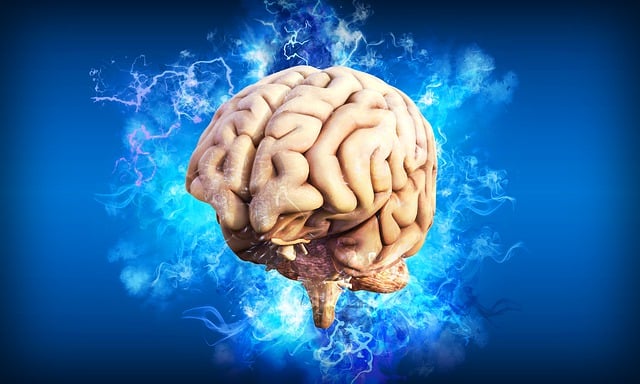Aphantasia is a phenomenon characterized by the inability to form mental images voluntarily. People with aphantasia lack the ability to create visual images in their mind's eye. The term itself is derived from the Greek words "a," meaning without, and "phantasia," meaning imagination.
Key points about aphantasia include:
- Visualization Difficulty: Individuals with aphantasia find it challenging or impossible to mentally visualize or imagine objects, scenes, or experiences.
- Varying Degrees: Aphantasia can manifest in different degrees of severity. Some people may have a total lack of visual imagery, while others might experience partial or fragmented mental images.
- Sensory Imagination: While the visual aspect is affected, other forms of sensory imagination (such as auditory or tactile imagination) may still be intact for some individuals with aphantasia.
- Developmental and Acquired: Aphantasia can be present from early childhood (developmental aphantasia) or can be acquired later in life due to factors such as brain injury, trauma, or certain medical conditions.
- Awareness and Coping: Some people with aphantasia may not realize they experience it until they learn about the concept. Individuals often develop coping mechanisms to compensate for the lack of visual imagery in their thoughts.
- Scientific Research: Research on aphantasia is an evolving field. Studies using neuroimaging techniques have suggested differences in brain activity and connectivity among those with aphantasia, but more research is needed to fully understand its neural basis.
- Impact on Memory and Learning: Aphantasia may have implications for memory and learning styles, as individuals with this condition may rely on alternative cognitive processes to store and retrieve information.
- Emotional Impact: While many individuals with aphantasia lead normal lives, there can be emotional implications, especially if they feel different or isolated due to their inability to visualize.
It's important to note that as of my last knowledge update in January 2022, there is no specific treatment for aphantasia, and management often involves adapting to alternative cognitive strategies. If you or someone you know is affected by aphantasia and it is causing distress, consulting with a healthcare professional or psychologist may provide support and guidance.
Top Stories, Trending, Viral, Jobs, Information & Entertainment Telegram Channel Click to Join Infimor
